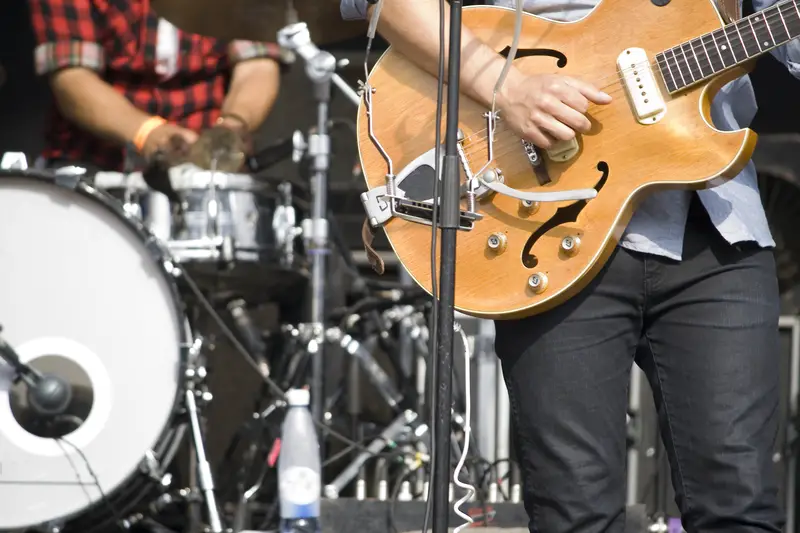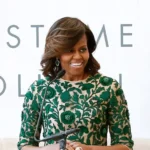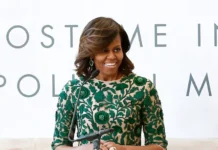Garth Hudson, the final surviving member of the influential rock group The Band, died at 87 at a nursing home in Woodstock, New York on January 21, 2025.
Inducted into the Rock and Roll Hall of Fame in 1994, Hudson was renowned as a virtuoso keyboardist and multi-instrumentalist. Bandmate Robbie Robertson once called him “far and away the most advanced musician in rock ‘n’ roll,” praising his ability to add rich textures and counterpoint to their music.
Hudson’s musical journey began early. He started piano lessons at age five and played organ in church. His father encouraged him to take up the saxophone in high school, an instrument that would later feature prominently in The Band’s repertoire. At Western Ontario University, he studied classical pipe organ, music theory, harmony, and counterpoint.
His parents insisted he teach music theory to his bandmates to justify playing rock music, which they considered beneath him. This early classical training significantly influenced The Band’s sophisticated sound.
Born and raised in London, Ontario, Eric Garth Hudson joined Ronnie Hawkins’ band, The Hawks, at age 24. The group included drummer Levon Helm, guitarist Robbie Robertson, bass player Rick Danko, and vocalist and keyboardist Richard Manuel. They later rebranded as The Band in 1964.
Bob Dylan recruited the group to accompany him on his 1966 Electric tour throughout the United States, Europe, and Australia. The collaboration was transformative. The Band backed him during his controversial transition from acoustic to electric music, facing hostile audiences who booed Dylan’s new sound. During this period, they recorded over 100 tracks with Dylan in the basement of a pink house in West Saugerties, New York. These recordings, known as “The Basement Tapes,” weren’t officially released until 1975.
“Music from Big Pink” reached No. 30 on the Billboard charts and featured the classic song “The Weight.” Their follow-up album, “The Band,” climbed to No. 9, solidifying their place in rock history.
Hudson’s distinctive keyboard work became central to The Band’s signature sound, particularly evident on songs like “Up on Cripple Creek” and “Rag Mama Rag.” His innovative use of the Lowrey organ and clavinet created the group’s distinctive sound, blending classical, jazz, and rock music elements.
“We were so locked in, in a musicality, and in a personal way, that we invented something that had a big effect on the course of music,” Robertson told Yahoo Entertainment in February 2020. “We weren’t trendy, because we didn’t know what the trend was – and didn’t want to.”
The Band continued its success through the mid-1970s until Robertson urged the group to retire from live performances. This decision came after several setbacks, including the disappointing reception of their album “Northern Lights – Southern Cross” and a boating accident involving band member Manuel.
Their farewell concert, The Last Waltz, occurred at the Winterland Ballroom in San Francisco on November 25, 1976. The concert lasted more than five hours, featuring 41 songs. The event cost $500,000 to produce and included a Thanksgiving dinner for 5,000 people. Hudson’s organ work was particularly notable during Van Morrison’s performance of “Caravan” and the group’s rendition of “The Night They Drove Old Dixie Down.” The star-studded event featured appearances by Joni Mitchell, Neil Young, Muddy Waters, Dr. John, Van Morrison, Ringo Starr, Eric Clapton, and Neil Diamond. Filmmaker Martin Scorsese captured the concert in his acclaimed 1978 documentary “The Last Waltz.”
The Band’s official X page called Hudson a “musical genius and a cornerstone of the group’s timeless sound,” adding that Hudson once said, “I found some true enjoyment in helping people get to the bottom of their feelings.”
After The Band’s disbandment, Hudson remained active in the music industry, collaborating with artists including Leonard Cohen, Tom Petty, Van Morrison, and Elton John. He released his first solo album, “The Sea to the North,” in 2001. In 1989 he recorded a notable live session with bassist Rick Danko for NPR. His contributions to the Neville Brothers’ “Yellow Moon” album and several tracks of Leonard Cohen’s various projects showcased his versatility.
In 2010, he recorded “Garth Hudson Presents: A Canadian Celebration of The Band,” featuring Canadian artists covering The Band’s songs. His last major recording project was contributing to the “What Is Man” track on the 2023 posthumous release of Robbie Robertson’s final album. His final public appearance was in April 2023, performing at a house concert in Kingston, New York.
In his later years, Hudson faced significant financial challenges. He sold his interest in The Band to Robertson and filed for bankruptcy multiple times. He lost his home to foreclosure and had many of his belongings auctioned off. His wife, Maud, passed away in 2022.
The Band was recognized among Rolling Stone’s 100 Greatest Artists of All Time in 2004, solidifying their legacy in rock history. Their music fused Americana, folk, rock, jazz, and country, creating a unique sound that influenced countless artists.
The other members of The Band preceded Hudson in death: Richard Manuel died by suicide in a Florida motel room in 1986; Rick Danko died in his sleep at his home in Marbletown, New York, in 1999; Levon Helm died from cancer at Memorial Sloan Kettering Cancer Center in New York City in 2012, and Robbie Robertson passed away in Los Angeles in 2023 after a long illness.











